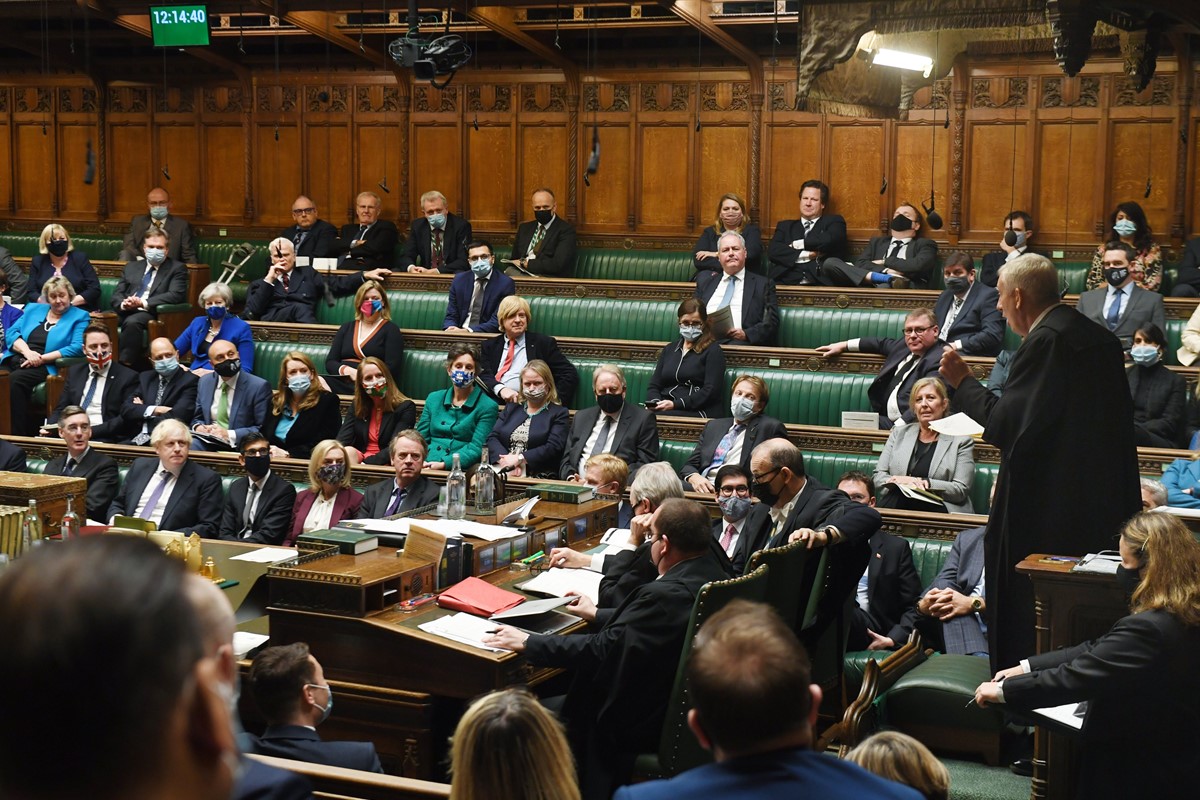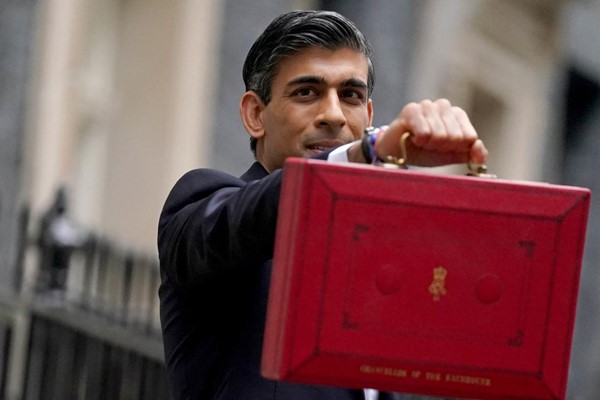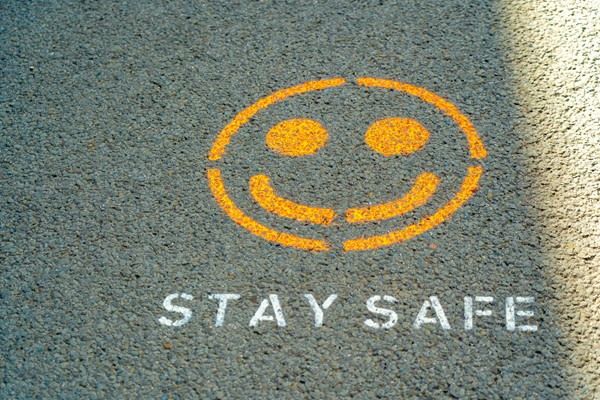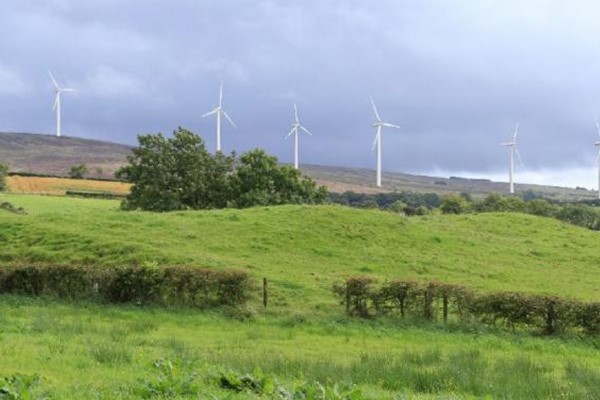The prime minister has admitted that he crashed the car and there is no doubt after a lot of swerving, skidding and braking that parliament’s bodywork has been dented.

But our recent conversations with the public have made plain that most people think that the engine of British democracy started sputtering and stalling long before the events of recent weeks.
In the six focus groups More in Common has conducted around the UK since the sleaze scandal broke, we heard not so much shock and anger at the revelations, but instead a weary shrug and sigh of resignation.
That is not because the public do not care about MPs’ conduct — they were rightly scornful about the examples of bad behaviour — but because they saw it as par for the course, no matter who was in power. Or as Gordon, from Guildford, said: “I’m just up to my eyes and ears with those people. They’re all doing it. It doesn’t matter whether they’re Labour, Conservatives, anything.”
That sense that the scandal was unsurprising was apparent when we asked people what stories they had noticed in the news over the past few weeks. While most of us engaged in policy and politics would go straight to sleaze, the people we spoke to talked about racism at Yorkshire cricket club, the death of UB40’s Astro and worries about NHS waiting lists.
When asked why they did not include MPs lobbying or second jobs, as Sally, from Dudley, put it “it’s same old, same old isn’t it”. Daryl, from Blyth, said: “It’s just constant, isn’t it, over the last 10, 15 years since I’ve been watching the news, the sleaze that they’re involved in.”
That attitude was not unique to the people we spoke to. In polling over the past year, we have found that almost two-thirds of people think that our democracy is rigged to serve the rich and influential, and more than eight in ten feel looked down on by politicians. These are real cracks in our democracy that extend far beyond any one scandal.
Does any of this matter? On the one hand, it is easy to dismiss gripes about our politicians as an inevitable, and maybe even healthy part of democracy, certainly in preference to not having the ability to do so. But we only have to look across the Channel or the Atlantic to see the risks of democratic alienation.
A sense of distrust of politicians and elites leaves an open door for populists to promise to clean out the Augean stables and deliver the true will of the people.
But equally worrying is what a lack of trust in our MPs means for our ability to deal with the big challenges of our day. Interestingly, within our focus groups, some participants made the link between MPs’ conduct and the big story of the week — the Cop summit and efforts to tackle climate change.
These people were worried both about MPs’ commitment to delivering on promises to transition the economy fairly and that they would seek to make personal profit from the move to new green technologies.
Samir, from London, told us: “On the environment and stuff, it sort of does reduce the faith in what will happen, on how they’re going to run these new industries and the money that they’re going to charge us.”
If the public does not trust our politicians’ motives and morals, they are far less likely to keenly follow them in making the behaviour changes necessary to slow global warming. What’s bad for democracy is bad for the planet.
What then can we do? The good news is, despite their issues with how the system is run, Britons still overwhelmingly have faith in democracy as the best system of government. They do not want to replace the system, they want the system to work better for them.
Part of that involves real accountability for those in public life — not simply tinkering every time there is a scandal, which is the democratic equivalent of sticking your finger in holes in the dam, but ensuring that breaches of rules are met with real consequences.
After all, most people we speak to know that if they broke ethics rules at work they would lose their job and think it should be no different for politicians.
Secondly, it involves redoubling efforts to localise politics. People are far more likely to say they trust their local MP, mayor or councillor than politicians in the abstract. They want politicians who, above all, act as local champions to their community and who help to build that sense of local pride.
Finally, the public wants democracy to deliver. Most people do not spend lives thinking about democracy, they just want to see the government delivering for them. That means moving levelling up from rhetoric to reality, a laser focus on tackling Covid backlogs and a clear road map for a fair transition to net zero.
That, more than anything else, will be the way to ensure that while accidents on the road may happen, they do not lead to our democracy being written off.


